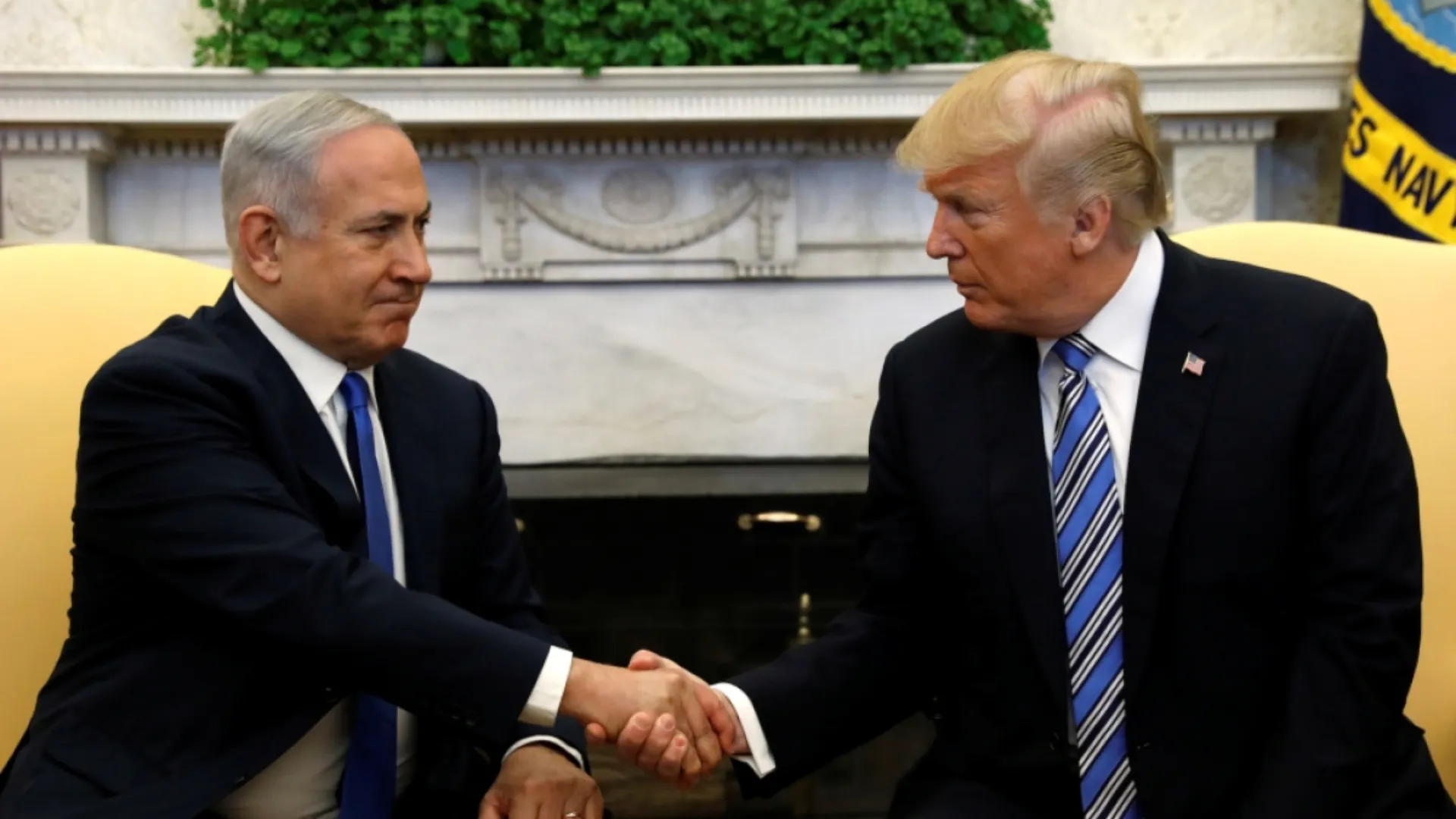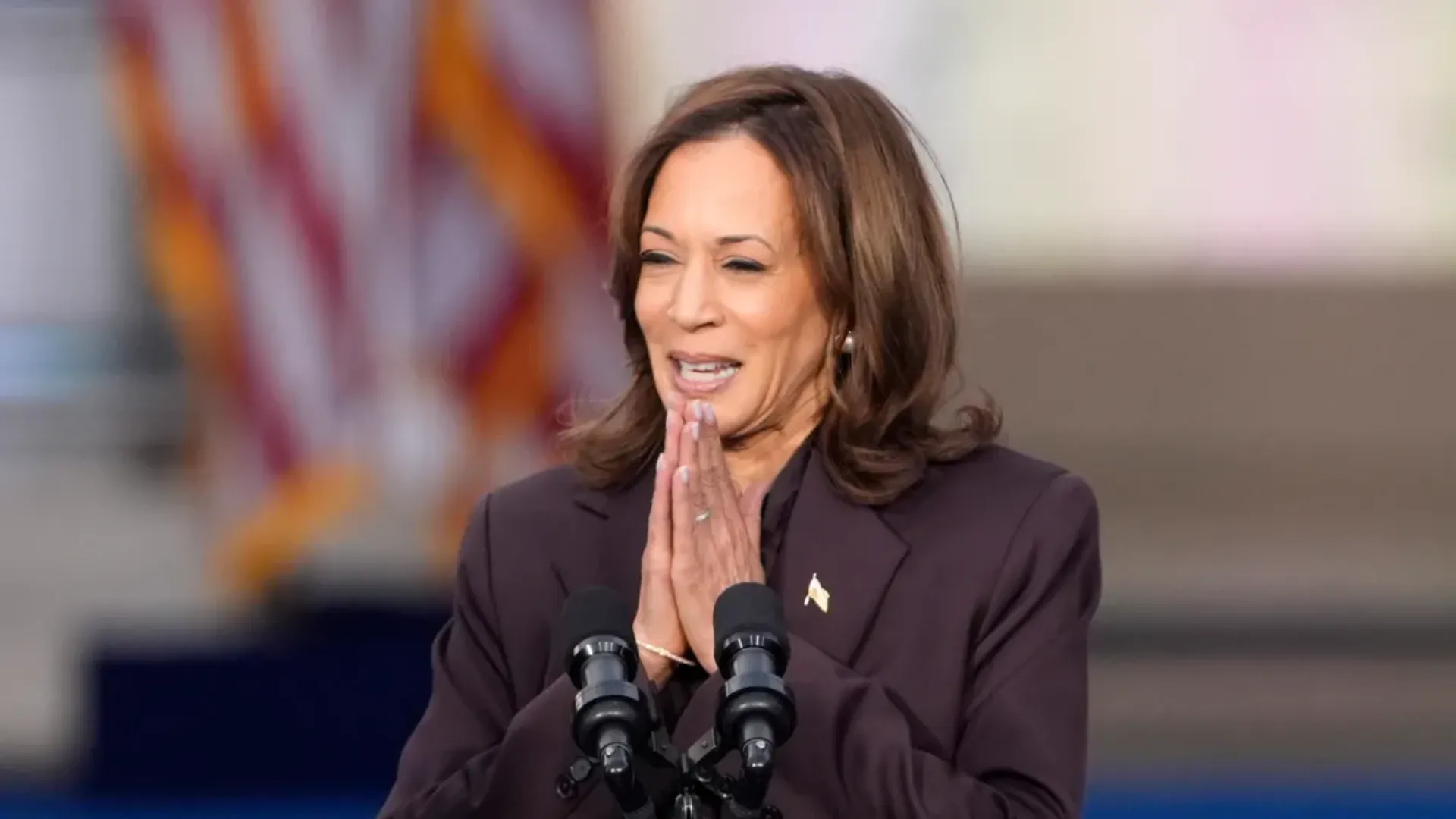 Election workers meticulously count ballots to ensure accuracy in vote tallying
Election workers meticulously count ballots to ensure accuracy in vote tallying
Election Day saw a wave of bomb threats targeting polling locations across several U.S. states, resulting in disruptions and, in some cases, extended voting hours. Although none of the threats were deemed credible, they nonetheless caused evacuations and delays at various polling sites, heightening concerns around voter safety and election security.
At least five states reported bomb threats aimed at polling places, with the FBI later attributing these threats to Russian accounts. In Georgia alone, bomb threats were called in at seven different polling locations, prompting Secretary of State Brad Raffensperger to describe the incidents as the work of a “foreign state actor.”
Similar threats targeted polling stations in Pennsylvania, Michigan, and Wisconsin, as well as the Navajo Nation in Arizona, though none of the threats were found to be credible.
 Election staff on alert as bomb threats disrupt polling sites nationwide
Election staff on alert as bomb threats disrupt polling sites nationwide
Governor Josh Shapiro of Pennsylvania addressed the situation in a press conference, confirming that multiple bomb threats had been reported at polling places and municipal buildings across the state. "State and local law enforcement, along with the FBI, are investigating these threats," Shapiro stated, adding that thus far, authorities had found no credible threat to public safety.
The FBI issued a statement linking the threats to Russian sources, saying, “The FBI is aware of bomb threats to polling locations in several states, many of which appear to originate from Russian email domains.” The agency clarified that, at present, none of the threats have been determined to be credible.
In areas impacted by the threats, judges responded by ordering extended voting hours to ensure affected voters could still cast their ballots. For example, a judge in Pennsylvania granted an additional hour of voting at the Clearfield County Administrative Building, allowing voters to participate until 9 p.m. EST.
Similarly, multiple polling locations in Georgia received extensions to offset delays caused by the bomb threats. In the Navajo Nation, a judge ordered extended voting hours at nine different sites, though this extension was primarily due to issues with printing ballots rather than the bomb threats.

While the Russian Embassy in Washington, D.C., denied involvement in the threats, the FBI and U.S. intelligence agencies have pointed to Russia as being behind several disinformation campaigns aimed at undermining confidence in the U.S. election. In a joint statement released by the Office of the Director of National Intelligence, the FBI, and the Cybersecurity and Infrastructure Security Agency, officials indicated that Russia was the “most active threat” to election integrity.
According to the statement, “Influence actors linked to Russia in particular are manufacturing videos and creating fake articles to undermine the legitimacy of the election, instill fear in voters regarding the election process, and suggest Americans are using violence against each other due to political preferences.”
Despite the Russian Embassy’s claim that these accusations are “baseless” and lack proof, U.S. officials continue to express concern over foreign interference and disinformation aimed at eroding trust in the election process.
The recent bomb threats and disinformation efforts serve as a reminder of the persistent challenges the U.S. faces in securing its electoral system and protecting it from foreign influence. As investigations continue, the incidents have underscored the importance of robust election security measures and voter resilience in the face of attempts to disrupt the democratic process.

-1728119641-q80.webp)

-1728036531-q80.webp)